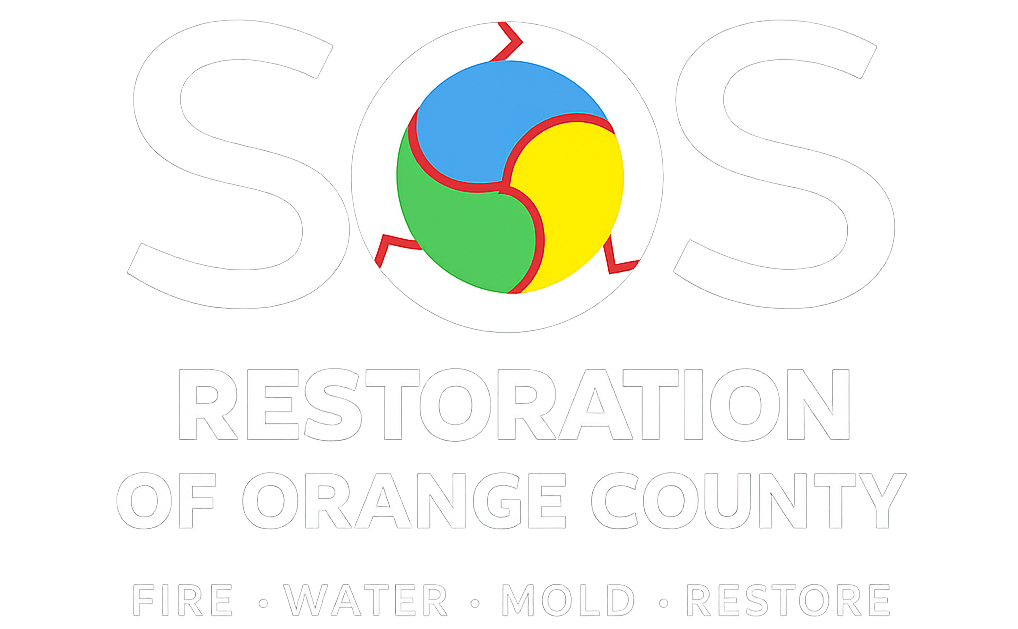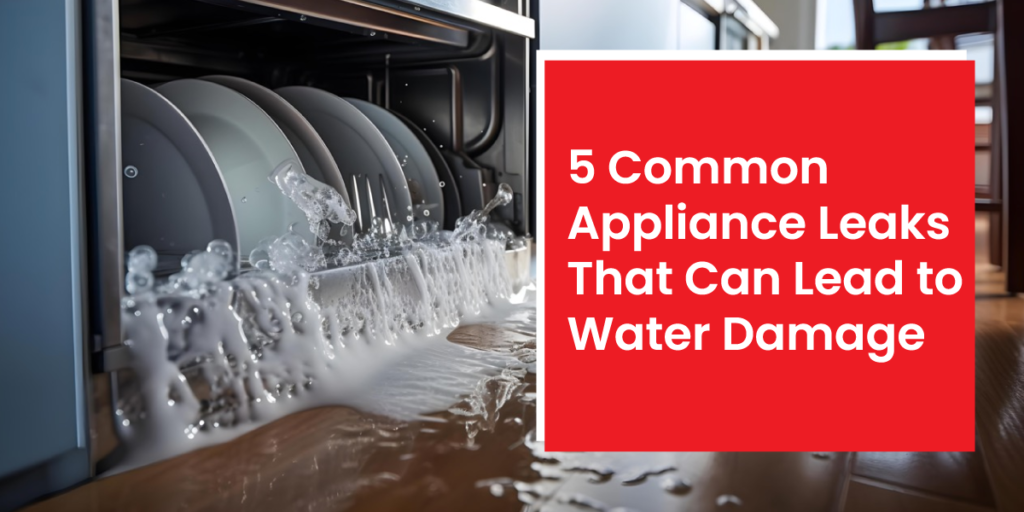Have you ever noticed a small puddle near your fridge or washing machine and thought, “It’s probably nothing”? Well, it could be a sign of a bigger problem. Appliance leaks are one of the leading causes of water damage in homes, and if not caught early, they can cause serious issues.
Water damage can ruin floors, walls, and even lead to mold growth. In this blog, we’ll show you the 5 most common appliance failures that can lead to costly damage. We’ll also share easy tips on how to prevent leaks and what to do if you find one.
Let’s keep your home safe from water damage!
Top 5 Household Appliance Leaks That Could Cause Water Damage
Let’s break down the top appliances that are most likely to leak and can cause water damage. Also, let’s learn how to prevent them.
1. Refrigerator Leaks
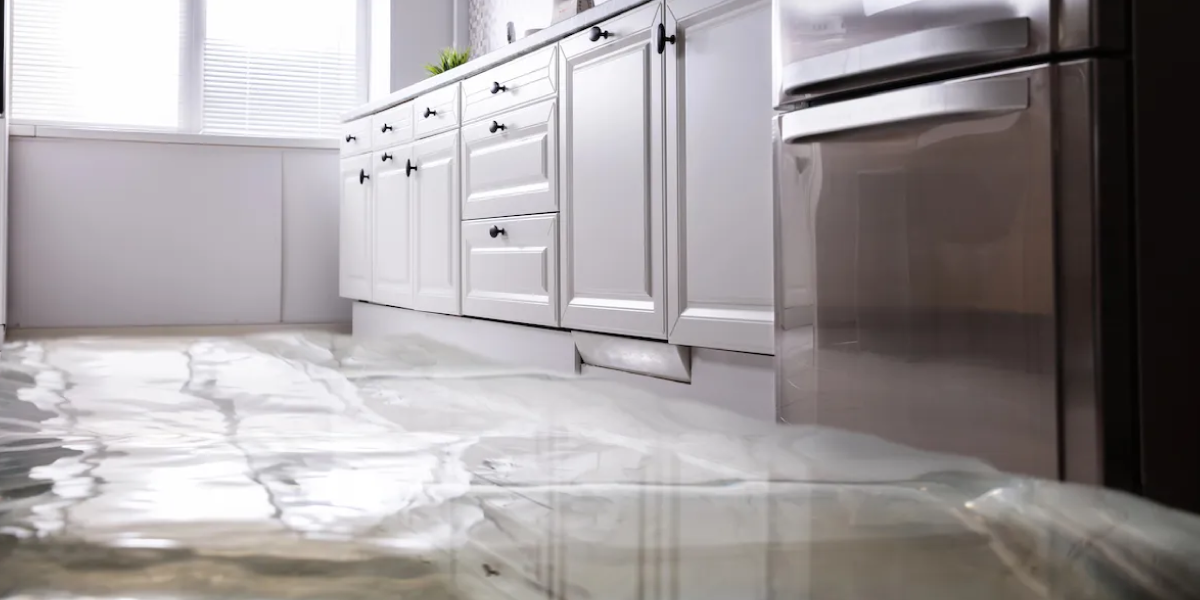
Refrigerators are one of the appliances most likely to leak. If your fridge leaks, water can quickly spread to your floors or even cause problems with electrical outlets.
Common Causes:
- Clogged Defrost Drain: Over time, the defrost drain can get blocked with food bits or ice. When that happens, water can’t drain properly, so it ends up on the floor.
- Faulty Water Line Connections: If your fridge has a water line for things like ice makers or water dispensers, a loose or broken connection can cause a leak.
Signs of a Leak:
- You’ll notice puddles of water near the fridge.
- There could also be water pooling in the freezer section.
Preventive Tips:
- Inspect the Defrost Drain: Check the defrost drain regularly and clean it out if it gets clogged.
- Check Water Lines: Look at the water lines for any loose or worn-out connections and replace any broken seals.
2. Washing Machine Leaks
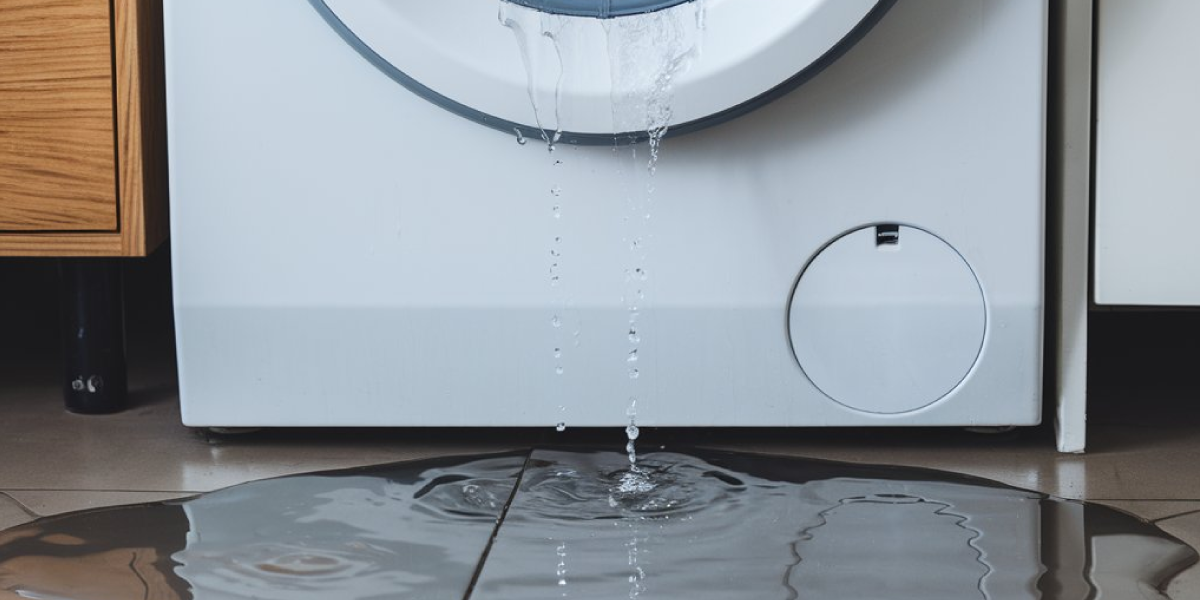
Washing machines cause water damage if they leak, especially if it’s a small leak that you don’t notice at first.
Common Causes:
- Broken Hoses or Fittings: Over time, hoses can get old, crack, or break, leading to water leaks.
- Overfilled Washing Machine: Overloading the washing machine puts extra stress on the hoses and connections, causing them to leak.
Signs of a Leak:
- You might see water pooling around the washing machine.
- Or, you might notice damp flooring in the laundry room.
Preventive Tips:
- Inspect Hoses: First, check the hoses for any cracks or wear and tear. If they’re damaged, replace them.
- Avoid Overloading: Don’t overload your washing machine. It helps avoid stressing the hoses.
- Clean Filters: Clean the filters and drain pumps regularly to keep everything working smoothly.
3. Dishwasher Leaks
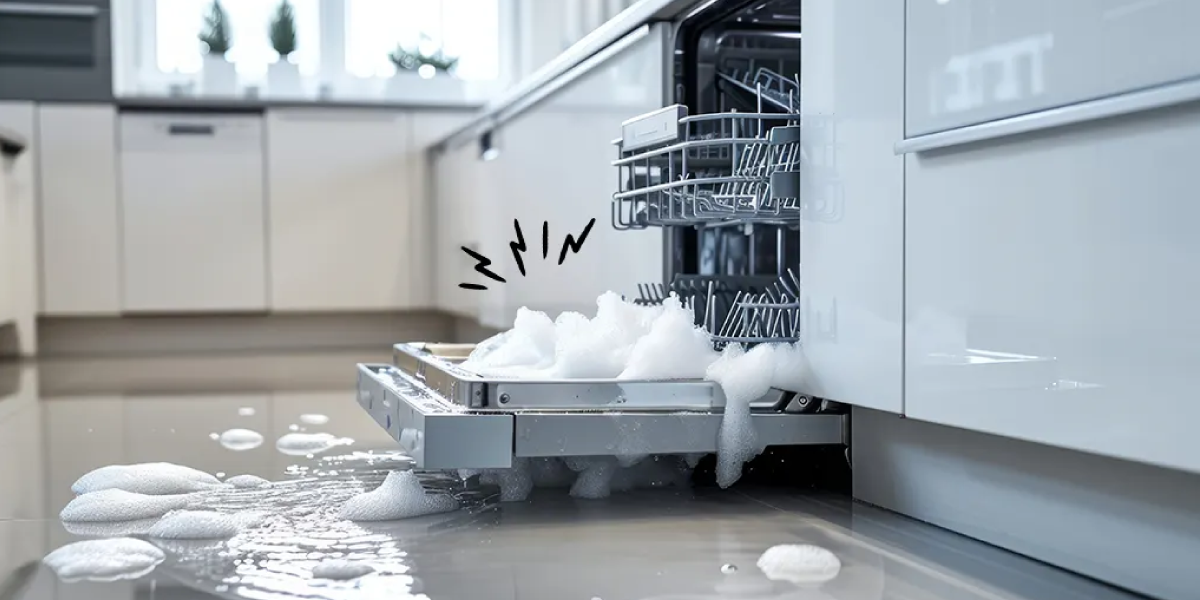
Dishwashers are super useful, but they can leak, and that water can cause damage to your kitchen floor.
Common Causes:
- Worn-out Door Seals: The seals around the dishwasher door wear out over time, letting water escape.
- Blocked or Clogged Drainage Hose: If the drainage hose gets blocked, water can back up and leak out.
Signs of a Leak:
- Water pooling underneath the dishwasher after a wash cycle.
- Your kitchen floor might feel damp after running the dishwasher.
Preventive Tips:
- Clean Door Seals: Regularly check and clean the door seals to keep them in good shape.
- Check the Drain Hose: Look for any clogs or blockages in the drainage hose.
4. Water Heater Leaks
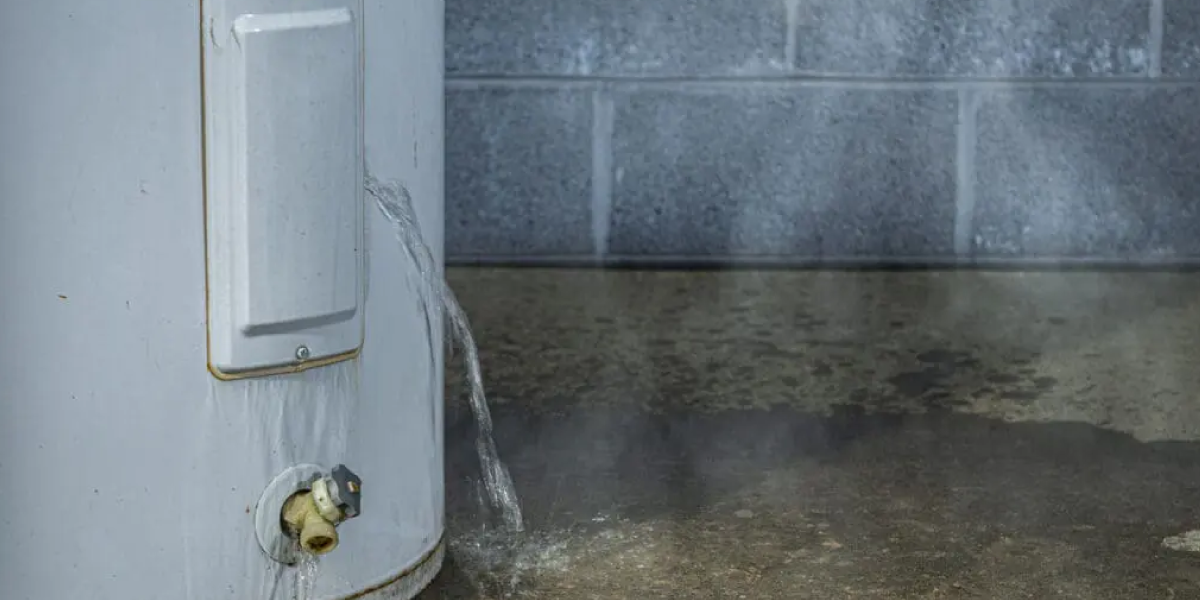
Water heaters are another appliance that can cause big problems if they leak. Water around the base of the heater can lead to moisture damage to your floors and walls.
Common Causes:
- Corrosion Inside the Tank: Over time, water heaters can rust or corrode, causing leaks.
- Loose or Faulty Connections: If the water connections aren’t tight or are damaged, they can leak.
Signs of a Leak:
- Water around the base of the heater.
- You might notice low water pressure or inconsistent heating.
Preventive Tips:
- Inspect for Corrosion: Regularly check the water heater for any rust or corrosion.
- Check Valves: Make sure the inlet and outlet valves are tightly secured to prevent leaks.
5. Air Conditioner Leaks
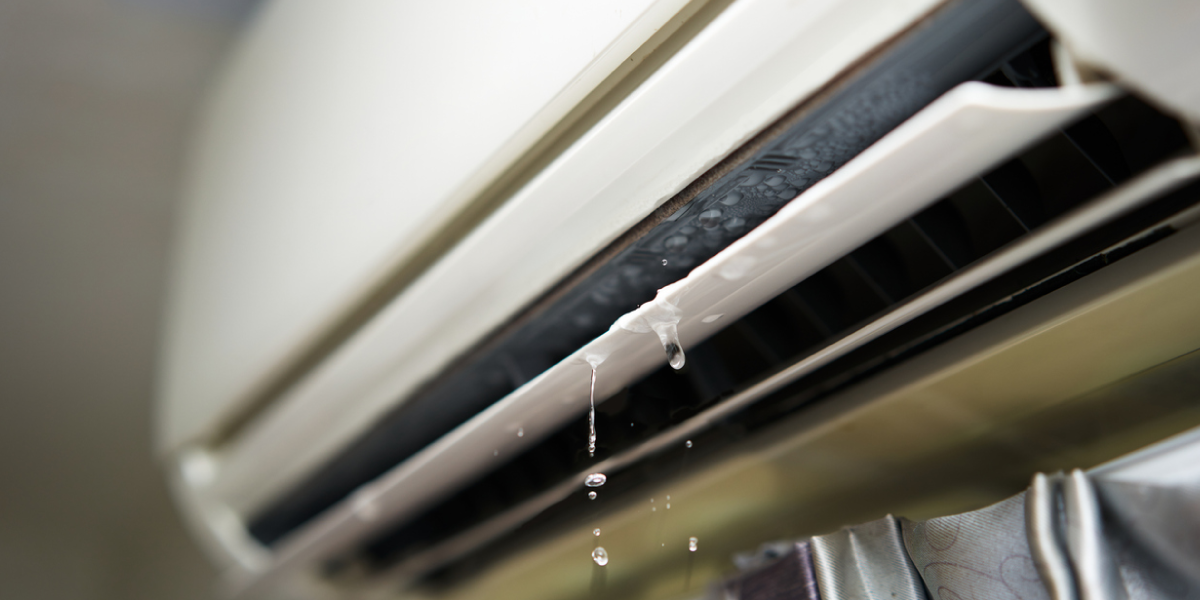
Air conditioners can leak water, especially when the drain line gets clogged. This can lead to moisture building up around your floor.
Common Causes:
- Clogged Drain Line: If the drain line gets blocked by dirt or debris, water can’t drain properly, causing a leak.
- Improper Installation or Maintenance: If the AC isn’t installed correctly or serviced regularly, it may start leaking water.
Signs of a Leak:
- You might notice water dripping from the air conditioning unit.
- There could also be excess moisture around the floor.
Preventive Tips:
- Clean the Drain Line: Clean the drain line regularly to avoid clogs.
- Proper Installation and Servicing: Make sure your air conditioner is installed correctly and serviced every year to prevent leaks.
How Appliances Lead to Water Damage and Mold
Leaks from appliances can cause a lot of property damage if they’re not fixed quickly. If left unchecked, the water can spread to your floors, walls, and ceilings, leading to expensive repairs.
When water leaks for too long, it creates a suitable environment for mold and mildew to grow. This can harm your health and make the damage worse. Over time, the constant water can weaken the structure of your home, including the foundation and walls, causing bigger, long-term problems.
Visit this insightful write-up to get a detailed idea of how to check for mold after water damage.
How to Prevent Appliance Leaks
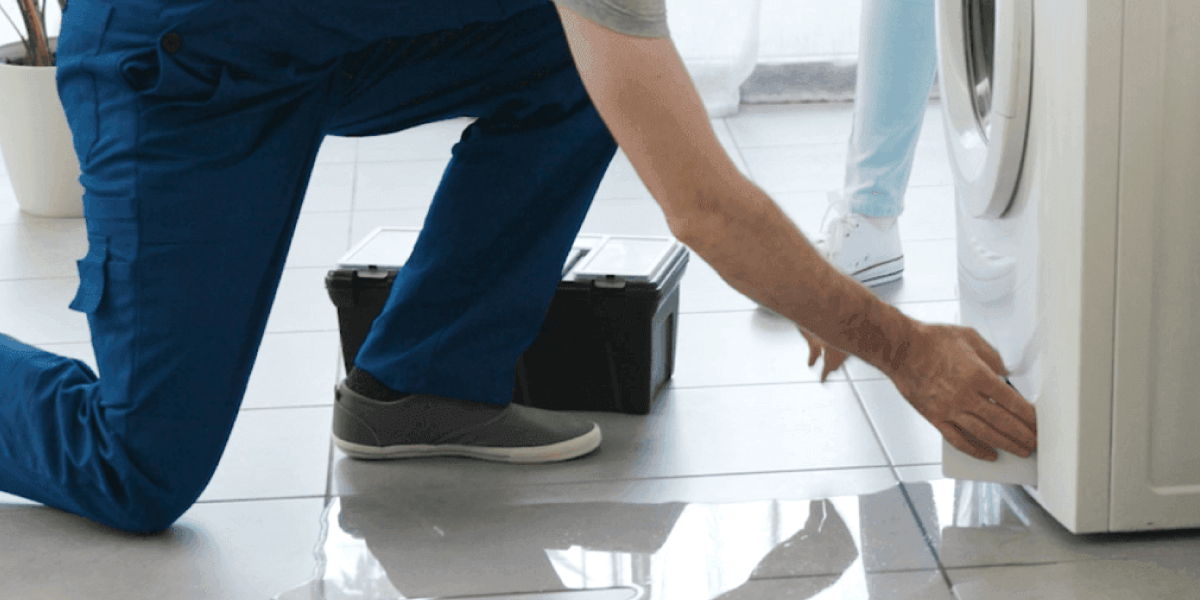
To prevent all of this, regular inspection and maintenance are key. Check your appliances often to spot any potential issues early on. It’s also smart to get your appliances serviced by a professional to make sure everything’s working right.
If you notice a small leak, you might be able to fix it yourself, but if it’s a bigger problem, especially with water heaters or refrigerators, it’s better to call in a pro to avoid more damage.
Sue the Manufacturer or File an Insurance Claim?

So, after an appliance defect causes water damage to your home, should you sue the manufacturer or file a homeowner’s insurance claim?
If an appliance defect causes water damage to your home, you may wonder whether to sue the manufacturer or file a homeowner’s insurance claim. In most cases, filing an insurance claim is the first step, as insurance can cover the costs of repairs.
However, if the appliance defect is due to a manufacturing error, you might consider legal action. Consult with an attorney to explore your options.
If you’re wondering how to get insurance to pay for water damage, here is a detailed guide for you to check.
Wrapping Up
Appliance leaks are common, but they can cause serious water damage if not dealt with quickly. Regular maintenance, inspections, and quick action can help stop these issues and protect your home from costly repairs. Always stay vigilant and be proactive about checking your appliances. If you find a leak, address it immediately to avoid long-term damage.
Remember that taking care of your appliances today can save you from major headaches tomorrow.
FAQs
|
